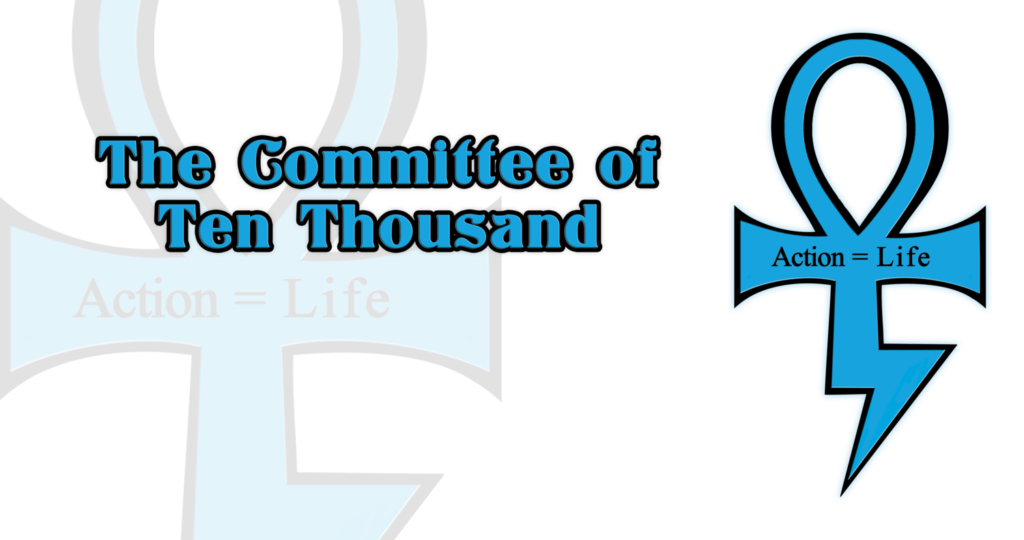

It is with great sadness that I report on the passing of Jonathan Wadleigh, who deserves to be called a legend in the bleeding disorders community. Jonathan died at age 62 of liver cancer June 4. He helped found and was the first president of the Committee of Ten Thousand (COTT), an advocacy group for those with hemophilia who were infected with HIV. His passion to seek justice and inform others to be vigilant about the nation’s blood supply helped win compensation for everyone infected with HIV from clotting factor, and helped strengthen blood safety practices and law.
From an article in the Boston Globe:
“Normal people don’t think about when they’re going to die,” Jonathan Wadleigh said in a Globe interview 13 years ago, and his was not a normal life.
Born with hemophilia, he spent part of his childhood in a wheelchair or on crutches as internal bleeding turned his young joints arthritic. He took his first steps toward years of activism by hobbling door to door on crutches to register voters.
As an adult, Mr. Wadleigh learned that some blood products he had used to help his blood clot in an ordinary fashion were contaminated, infecting him with HIV and hepatitis C. This time, he focused his activism on those with hemophilia whose lives would be shorted by AIDS. He was the lead plaintiff in a class action lawsuit that, after winding its way through the courts, resulted in a $670 million settlement from four drug companies that manufactured the blood products.
“He helped make the blood supply safer for other people, but not on his own,” said his wife, Joanne Womboldt. “Jonathan would want recognition of the tragedy, where people are still suffering and dying, and recognition that scientists and people in business and government had a big responsibility to protect people. He would want people to know greed is something that should be avoided when you’re in a position of power.”
The litany of medical, emotional, and political hurdles Mr. Wadleigh confronted would have made most people despondent or furious. And yet, friends and family said, the anger remained in his words, rather than in his demeanor or the tone of his voice.
“He was one of the most charming people I ever knew,” said Mr. Wadleigh’s half sister, Anne Gibert Hook, of Lummi Island, Wash., and Manley Hot Springs, Alaska. “He was wonderful to be with – he was just fun.”
By age 9, Mr. Wadleigh was in a wheelchair. As a teenager, he struggled on crutches along railroad tracks near his home in Vienna, Va., to teach himself to walk again. And along with being infected with HIV and hepatitis C, he endured surgery to replace both knees as a result of his arthritis.
“I think his bravery in the face of his medical disabilities was totally astonishing,” his sister Gibert Hook said. “He would just quite calmly go into the hospital and have these long operations.”
In the 1960s, he moved north to the Boston area and lived for a while with his sister, taking classes at Northern Essex Community College in Haverhill, where she was teaching. He later took classes at the University of Massachusetts at Boston and Boston University, his wife said. Mr. Wadleigh became versed in computers and worked for many years in programming and marketing at hospitals, companies, and nonprofit organizations.
His brother Larry had died, at 21, in a 1965 car accident. His other brother, Robin, who also was afflicted with hemophilia, died of AIDS in 1985 after being infected through blood products.
And two years earlier, in 1983, Mr. Wadleigh had learned that he, too, was infected with HIV through the clotting factor he used to address hemophilia.
Speaking to the Globe in 1995 about the decisions drug companies and government agencies made that left tainted blood products on the market, he said, “I would say my anger, rather than diminishing, has grown, the more I have learned.”
Still, Mr. Wadleigh said, the losses he suffered and the disillusionment with government and business institutions made him cherish everything else even more.
“I have experienced the worst you can get and the best you can get,” he said in the 1995 interview. “I don’t think I could appreciate what I have and what I’ve had if I hadn’t had the bad experiences. It’s that difference that adds to the depth of life.”
Mr. Wadleigh and Thomas Fahey founded the Committee of Ten Thousand in the late 1980s. The name came from medical estimates, sometimes disputed, that one in 10,000 men are afflicted with hemophilia. In its early years, the organization said one hemophiliac died every day as a result of HIV-tainted blood products. Fahey died in 2002.
Along with leading the organization in its early years and working on the class action lawsuit, Mr. Wadleigh continued to live as vibrant a life as possible, given medical limitations.
“Once he said to me, ‘You know, Anne, if I didn’t take my medicine, I’d be dead in three days,’ ” his sister said. “And he just lived that way. There were times when he was told he might die soon, so he’d take a trip to New Zealand. That was his response to imminent death.”
Mr. Wadleigh and his wife bought land in Royalston and restored a 1760 farmhouse.
He also became a life mentor of sorts to others who faced death through infection by blood products.
“He was somebody who was a great person to empower people to find their own path,” his wife said. “Jonathan would say: ‘These are your goals and these are your skills. You have to be socially responsible, but follow your dreams.’ “


1 thought on “The Passing of a Giant”
Thanks for posting